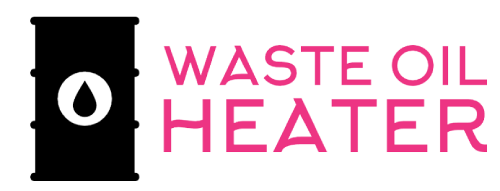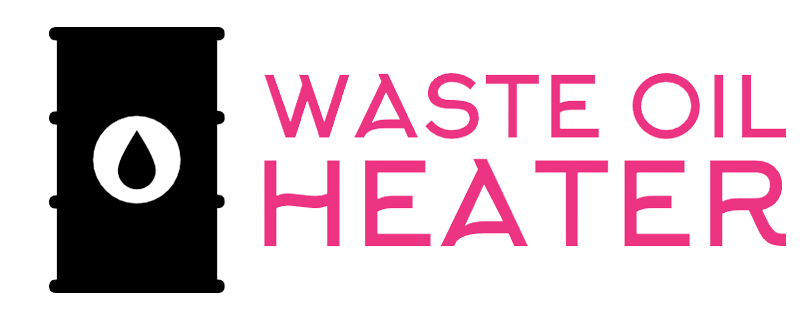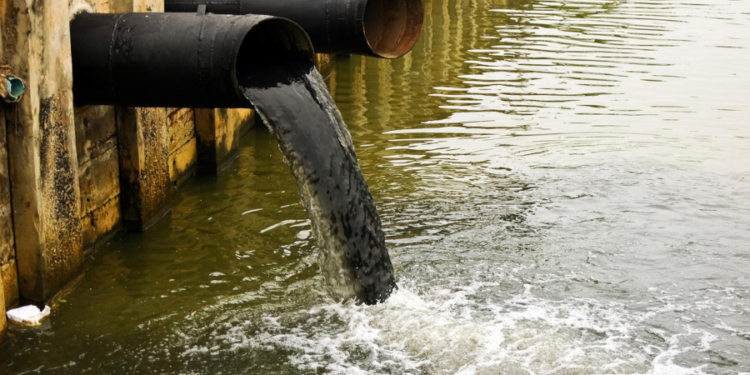We all have a role to play in protecting the world’s most precious resource: water.
Using organic cleaning products rather than chemical ones in your house, planting more trees and flowers in your yard or renting a dumpster to discard old junk may make a big difference.
You can minimize water pollution in your community by speaking out against industries which dump waste into the local streams, rivers, & beaches. Everything you do can have an impact on the world around you.
Reduce The Amount Of Chemicals You Use When Cleaning Your House
Cleaning the house with natural cleaners is just as efficient. It’s a simple change that will have a significant impact. Toxic chemicals such as bleach and ammonia are not only harmful to the environment, but they are unnecessary. There is no need to worry about polluting the water when you use natural cleaning.
There is a list of “green” cleaning products and many other clean goods provided by the Environmental Protection Agency (EPA), which means that they won’t harm the water supply.
White vinegar & baking soda, two commonly found household ingredients, can also be used for everything including cleaning windows to washing bathroom tiles without causing any harm.
Proper Waste Disposal Is Essential
Never flush anything down the toilet that isn’t biodegradable. To avoid contaminating the water supply, make sure you properly dispose of any harmful materials like paint or ammonia.
You Should Never Flush The Following Liquids Down The Toilet:
- Paint
- Motor oil
- Cleaning solvents
- Ammonia
- Pool chemicals
- Do Not Flush Medications
Instead, make use of a local “bring back” programme. There are a range of compounds that can harm the water supply in the manufacturing of medicine.
Local “take back” programmes allow you to dispose of unwanted medication in a safe and sanitary manner. In this way, it can’t make its way back into the water supply and endanger humans and animals..
Refuse To Flush Garbage
Throw them away instead of flushing them. Non-degradable goods, such as cloth napkins & plastic tampon applicators should not be flushed down the toilet. They will eventually find their way into local rivers, streams, and other waterways, posing a threat to animal life.
Reduce the amount of waste going to the landfill by utilising cloth diapers, recyclable toilet paper, and biodegradable tampons. Use a residential dumpster rental if you have too many things you want to discard all at once, this is a great method for a Spring cleaning.
Save As Much Water As You Can
Conserving water is a critical part of ensuring its long-term availability for future generations.
The amount of energy needed to purify water for drinking and domestic use is enormous, therefore it’s critical to conserve water as much as possible, particularly in drought-prone areas. Conserve water in your home by making the following changes to your routine:
Shower Instead Of Bathing To Save Water
Turn off your faucets while not in use, like when brushing your teeth.
Don’t water your yard too much. When it rains, be sure to switch off the yard sprinklers.
Reduce water wastage by watering your garden early in the morning or late at night to avoid evaporation.
Avoid The Use Of Plastics
Plastic, which is not biodegradable, is often found in water sources because it remains plastic for hundreds of years.
It’s little wonder that rubbish like the Great Pacific Garbage Patch accumulates in the ocean as people are not using enough dumpsters to discard their junk; with nowhere else to go, plastic waste is piling up there. The sea life and humans are both harmed by this garbage. Plastic should be avoided at all costs by using glass or linen containers whenever possible.
Don’t Use Pesticides & Herbicides
The groundwater underneath is contaminated by these chemicals that seep into the soil. People and the environment can be negatively impacted by contaminated groundwater. Remove pests and weeds by using natural ways instead.
The pests in your garden can be dealt with using organic gardening methods. Dish soap & water can be used to deal with several pests, for example.
Native plants, on the other hand, have developed a tolerance to the pests & weeds that are prevalent in your region. Additionally, foreign-born animals and plants have a greater risk of contracting infectious diseases.
Concrete Should Be Replaced By Ground Cover
Taking care of your lawn is better for the environment than allowing it to become overgrown. It is more difficult for chemicals to be evenly disseminated in the groundwater when a residence is surrounded by concrete patios or other surfaces.
To avoid having to mow the lawn, it may be attractive to pave across your yard. However, this would have a detrimental influence on the environment.
Prevent Soil Erosion By Preventing Water From Washing It Away
Trees & local ground cover can help keep your soil in good condition. Animals and plant life are adversely affected when soil erodes into rivers, streams, and other waterways and mixes with the water’s chemicals.
This can lead to the death of fish populations, for example, if phosphorus levels are too high in the water. The soil is held in place by the roots of the plants, preventing it from being swept into the water.










